I want to write an R function that takes a mathematical function in x and returns a new function in x as an output. For example:
The input should be passed in as a mathematical function (or relation) in x:
g <- x^2 + 9*x + log(x)
And the resulting output should be:
function(x) (exp(g))
i.e. I want to return the symbolic exponential expression of the original function in x i.e. exp(x^2 + 9*x + log(x)) in this illustrative example
So ideally it would return the function object:
function(x) (exp(x^2 + 9*x + log(x)))
I tried as follows:
test <- function(g){
h <- function(x){exp(g)}
return(h)
}
m <- test(x^2 + 9*x + log(x))
m(10)
So m(10) should return:
exp(10^2 + 9*10 + log(10))
which is exp(192.3026) in this case.
Could anyone show how to do this please?
